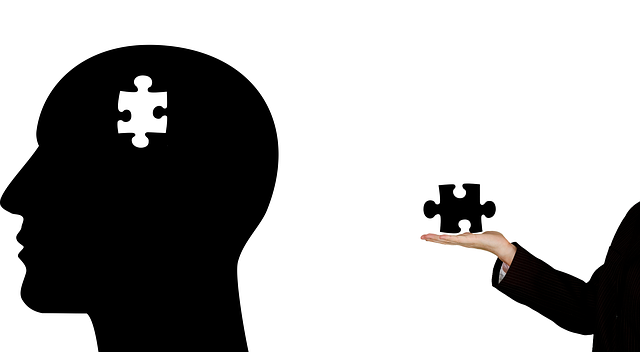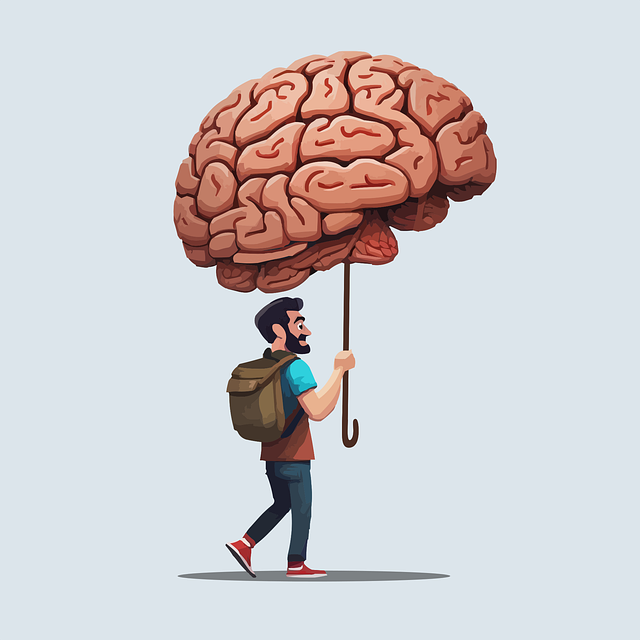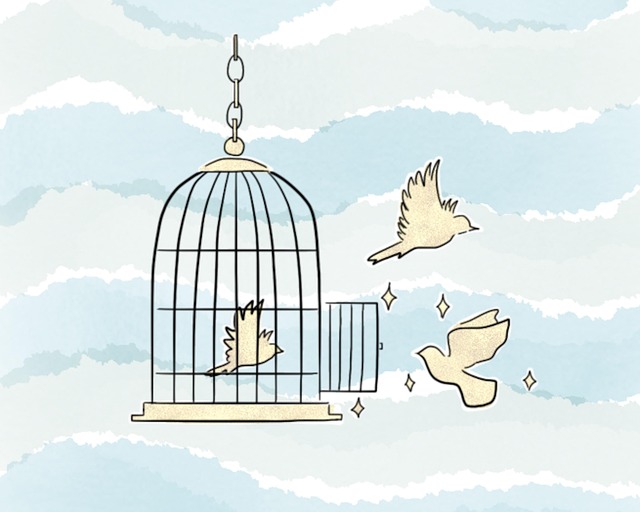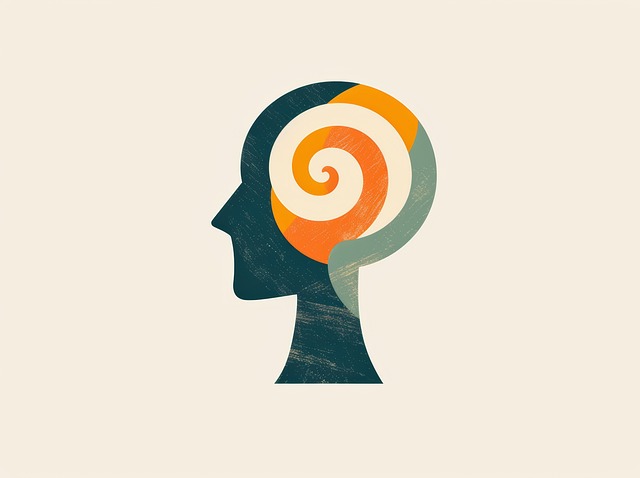Postpartum depression (PPD) in new mothers can lead to severe emotional and developmental issues in their children if left untreated, making early intervention crucial. Specialized therapy focusing on both children and caregivers, including techniques like compassionate cultivation and stress reduction, is vital for symptom alleviation. These interventions aim to improve mental health outcomes for parents and children alike, fostering stronger bonds and resilience during a critical development period.
Mental health policies play a pivotal role in fostering healthy communities, especially regarding young children. This article delves into the critical issue of postpartum depression (PPD) and its profound impact on child development and family structures. We analyze current mental health systems, highlighting gaps in therapy access for both mothers and their young children. Additionally, we explore advocacy strategies to challenge stigma and propose policy changes aimed at enhancing therapy accessibility and support programs for those affected by PPD. By addressing these key areas, we strive to improve mental health care for vulnerable populations.
- The Impact of Postpartum Depression on Young Children
- – Defining postpartum depression and its prevalence
- – Effects on child development and family dynamics
The Impact of Postpartum Depression on Young Children

Postpartum depression (PPD) is a serious mental health condition that can profoundly impact young children. When left untreated, it can lead to significant challenges in their emotional development and overall well-being. The effects of PPD on infants and toddlers are multifaceted, often resulting in irritability, difficulty with sleep patterns, and decreased interaction with caregivers. These early experiences can set the stage for future mental health issues, such as anxiety and depression, if not addressed promptly.
Early intervention is crucial, and therapy for young children with PPD focuses on both the child and their primary caregiver. Emotional well-being promotion techniques, such as compassionate cultivation practices and stress reduction methods, are integral to these therapeutic approaches. By implementing these strategies, caregivers can foster a nurturing environment that supports their child’s healing and development. Such interventions not only alleviate symptoms but also strengthen the bond between parent and child, ensuring a brighter future for both.
– Defining postpartum depression and its prevalence

Postpartum depression (PPD) is a common yet often overlooked mental health condition that affects new mothers. It involves a severe emotional and physical state characterized by persistent feelings of sadness, anxiety, exhaustion, and hopelessness. This period, typically occurring after childbirth, can significantly impact a woman’s ability to care for herself and her newborn. The World Health Organization (WHO) estimates that PPD affects approximately 10-20% of new mothers globally, with some studies suggesting even higher rates.
Early identification is crucial as untreated PPD can have long-lasting effects on both mother and child. Therapy for young children impacted by PPD may include specialized mental wellness coaching programs that focus on empathy building strategies and confidence boosting techniques to support the entire family system. These interventions aim to not only alleviate symptoms but also promote overall mental health and resilience in parents and their children.
– Effects on child development and family dynamics

The mental health of children is profoundly influenced by their family environment, especially during critical periods like the postpartum phase. When a parent, particularly the primary caregiver, struggles with mental health issues such as postpartum depression, it can significantly impact child development. Research indicates that early exposure to parental mental health problems may lead to emotional and behavioral difficulties in children, including increased anxiety, depression, and even impaired cognitive abilities. These challenges can disrupt family dynamics, affecting communication patterns and the overall quality of parent-child relationships.
Children of parents with untreated or inadequately managed postpartum depression may experience neglect or inconsistent care, which can have long-lasting effects on their emotional well-being. Therapy for young children in such cases becomes essential to address these early challenges. Providing mental health support not only helps children cope but also fosters resilience and positive thinking, contributing to a healthier family dynamic and potentially reducing future instances of stress and mental health disorders through enhanced Mental Health Awareness.
Mental health policy analysis highlights the urgent need to address postpartum depression, a significant issue affecting young children’s well-being. By recognizing its impact on child development and family structures, we can advocate for improved access to therapy for young children affected by this condition. Effective policies and increased awareness are vital steps towards ensuring better support systems for mothers and their families, ultimately fostering healthier and happier communities.








